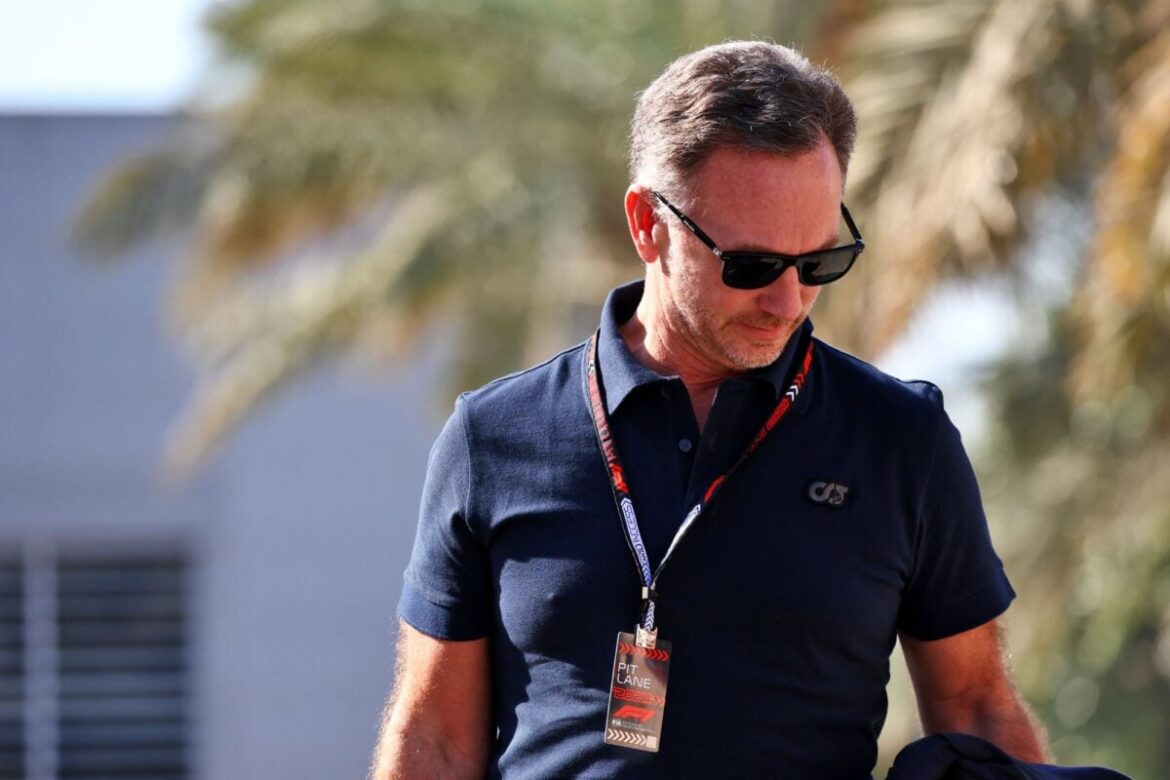The Impact of Christian Horner’s Departure on Red Bull Racing
In a surprising turn of events, Christian Horner, the long-serving team principal of Red Bull Racing, has been relieved of his duties. This significant development comes amidst growing speculation about internal conflicts within the team, particularly concerning the future of four-time champion Max Verstappen. The news has raised eyebrows across the motorsport community, with many questioning the potential repercussions for Red Bull’s performance in the ongoing championship season.
Christian Horner’s Tenure and Achievements
Christian Horner has been at the helm of Red Bull Racing since the team’s inception in 2005. Under his leadership, Red Bull has transformed from a fledgling team into one of the most dominant forces in Formula 1. With multiple Constructors’ Championships and Drivers’ Championships under their belt, Horner’s strategic decisions and leadership style have been pivotal in shaping the team’s success.
Horner’s ability to cultivate talent and foster a competitive environment has led to the team’s impressive track record. His management skills and vision have not only earned him respect within the organization but also admiration from fans and competitors alike. His departure marks the end of an era for Red Bull, leaving many to wonder who will fill his shoes and how the leadership change will affect the team’s dynamics.
Shock and Surprise in the Motorsport Community
Former Formula 1 driver Nigel Mansell expressed his astonishment at the news of Horner’s dismissal. Mansell, who has followed the sport closely, admitted that he, like many fans, was caught off guard by the decision. “I had no idea what Red Bull was planning. It was a shock and a surprise,” Mansell remarked in a recent interview. He had recently met with Horner and noted that there were no visible signs of trouble at the team during their conversation.
This unexpected turn of events raises questions about the internal workings of the Red Bull organization. With Horner’s deep understanding of the sport and his unique ability to motivate his team, his absence could create a void that may affect performance, especially considering the ongoing championship race.
The New Leadership: Laurent Mekie Takes the Helm
Following Horner’s departure, Red Bull Racing has appointed Laurent Mekie as the new team principal. Mekie, who previously held key positions within the organization, including roles in technical operations, is expected to bring a fresh perspective to the team. His extensive experience within the motorsport industry positions him well to navigate the challenges ahead.
Additionally, Alan Permane, a former member of the Renault (now Alpine) team, will step into Mekie’s previous role within Red Bull. This reshuffling reflects the team’s commitment to maintaining a strong leadership structure during a turbulent time.
Navigating Instability in the Middle of a Season
Mansell voiced concerns about the potential instability that could arise from such a significant change in leadership mid-season. He emphasized that any disruption in the team’s structure could hinder performance on the track. “Regardless of the reason, this impacts the team. There will be an adjustment period, and Red Bull may not have the competitiveness they hoped for in 2025,” he stated.
In the highly competitive world of Formula 1, where split-second decisions can make or break a race, any internal upheaval can have far-reaching consequences. The timing of Horner’s departure presents a unique challenge for Mekie, who must quickly establish himself as a leader while ensuring the team remains focused on their championship goals.
The Road Ahead for Red Bull Racing
As Red Bull Racing embarks on this new chapter without Horner, the motorsport community will be watching closely to see how the team adapts to the changes. The challenges of maintaining competitiveness and cohesion within the team are significant. It will be interesting to observe how Mekie implements his vision and whether he can inspire the same level of success that Horner achieved during his tenure.
The competitive landscape of Formula 1 is ever-evolving, and teams must be agile in their strategies. With the 2025 season on the horizon, Red Bull’s ability to navigate this transition effectively will be crucial. The pressure to perform remains high, and the stakes are even higher in a sport where every point counts.
Conclusion
In summation, Christian Horner’s exit from Red Bull Racing marks a pivotal moment in the history of the team. His leadership and contributions have left an indelible mark on Formula 1, and the impact of his departure will be felt for some time. As Laurent Mekie steps into his new role, the eyes of fans and analysts alike will be focused on how Red Bull adapts to this significant change. The future of the team, particularly in the face of internal challenges and external competition, remains uncertain yet intriguing.
